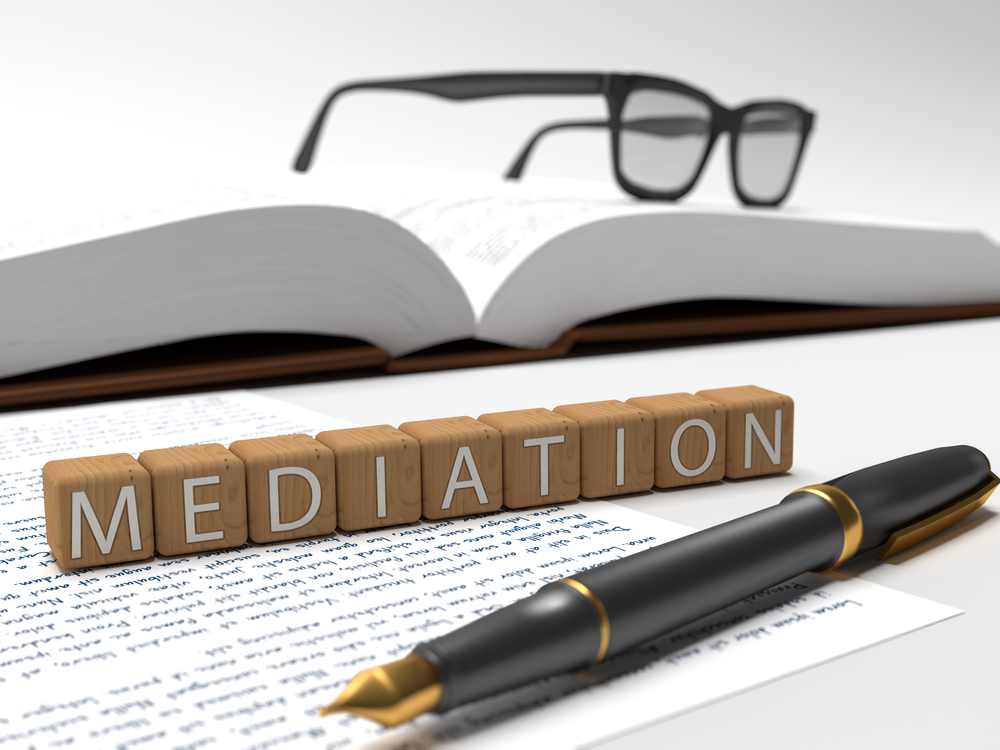10 Common Misconceptions About Mediation And The Truth Behind Them
Countless surveys of parties involved in mediation suggest that the process is satisfactory for them and helps them regain control of their disputes by involving a neutral third party as a mediator. The mediation process helps them resolve their disputes without paying heavy litigation or arbitration fees or getting a delayed judgment from the court.
This article will explain some of the biggest misconceptions about mediation and the truth behind them.
1. You Don’t Need Mediation If You Have A Lawyer
Since lawyers know how to negotiate in the best way possible, many people think hiring a negotiator and going through the negotiation process is pointless. However, by doing this, you will ignore all the benefits of a mediator in the conflict resolution process with their skills and specialties.
A mediator is completely neutral and has nothing to do with the case.
With the help of their skills, a mediator can highlight weak points in a case and make both parties think about their positions once again before going into litigation.
2. Mediation Instructed By Court Doesn’t Work
Many critics question the need for a court-instructed mediation at the early stages of any dispute. The lawyers involved with both parties might suggest that they haven’t worked enough on the case or make the point that both parties haven’t considered mediation for dispute resolution.
Critics of court-instructed mediation also say that the process becomes less flexible when mandated by a court and does not give the parties enough time to think about mediation for conflict resolution and make a choice themselves. Rather, mediation through court imposes extra fees on both parties, who might not even be willing to go through mediation.
However, critics do not realize that court-mandated mediation has grown a lot lately and has helped the courts around the country reduce their burden while giving the disputed parties a fair chance to settle their differences outside the court.
3. Mediation Is Just An Excuse To Delay Hearing
Many people instructed by the court to go into mediation mention that it is done just to avoid a hearing day. They think they’re on the right side in their legal case and that court-mandated mediation is taking away their rights.
However, in reality, most civil cases settle sooner or later. This is done with or without mediation. Moreover, in court settlements, the parties don’t even get to tell their story or safeguard their interests. So, hiring a mediator is the best step in this regard.

4. Mediation Is Useless If It Doesn’t Result In Settlement
In many legal cases, lawyers and the parties involved think that the other party is too stiff to listen to anything they might have to say. That is why they think mediation would be useless in their case, and the money spent on mediation can be spent on something better.
While this is true that some cases are too complex to be solved by mediation, the number of these cases is very small.
However, you will also be amazed that even the most complex of disputes have been resolved with the help of proper mediation. In cases involving multiple parties, at least a few can agree on certain points and withdraw their concerns from the case.
5. Only The Most Expensive Mediators Are Worth It
Depending on your jurisdiction, the lawyers and courts might have a brief list of elite mediators. Many inexperienced clients think any mediator outside that list is not worth their money. This increases the demand for those elite mediators and allows them to overcharge their clients for their services.
However, you should be confident that any experienced lawyer or an ex-judge can be a great mediator, whether they are on the elite list. So, this is just another myth you should never consider valid.
6. Agreeing On Settlement Terms Is Necessary Before Mediation
If this point is true, there should be no need for those parties to go into mediation, and if they already agree on settlement terms, they should be able to resolve the conflict on their own. So, mediation doesn’t require anyone to agree on anything, as the whole purpose of mediation is to help the disputed parties sit together and settle their dispute.
7. Equal Power Is Necessary For Mediation In Couples
Very few couples have equal mediation power, but the process of mediation is different from everyday life. In mediation, the couple can easily get legal advice from a lawyer to make their point clear and to become as powerful as the other person.
If domestic violence or substance abuse is involved in a case, only specialized mediators should be allowed to take on that case.

8. Agreements In Mediations Without Lawyers Are Unfair
There’s no guarantee that mediation agreements, even involving lawyers, will be fair; even court judgments are not always fair. However, mediation gives both parties a fair chance to express their concerns, and every decision is made on mutual understanding.
In the case of a couple, they can sit together and reach an agreement according to their family matters and the possible future.
Moreover, the mediation agreement isn’t legally binding. So, flexibility makes mediation a much better choice as compared to litigation.
9. Mediation Goes Against The Law
In the mediation process, the mediator informs both parties about the law. The parties can choose to either apply to ignore the law they will. If the parties mutually agree on waiving the law, the agreements will surely be upheld and will be valid. That’s because the parties already know the law and willingly waive it.
10. Only Financially Challenged People Choose Mediation
This isn’t true, as most high-value cases and high-profile family disputes involve mediation. That’s because mediation includes sitting with your partner, and not against your partner, to work together and to find a suitable solution to your dispute.
Mediation is less costly and provides the parties with more privacy. It also saves the parties a lot of time.





